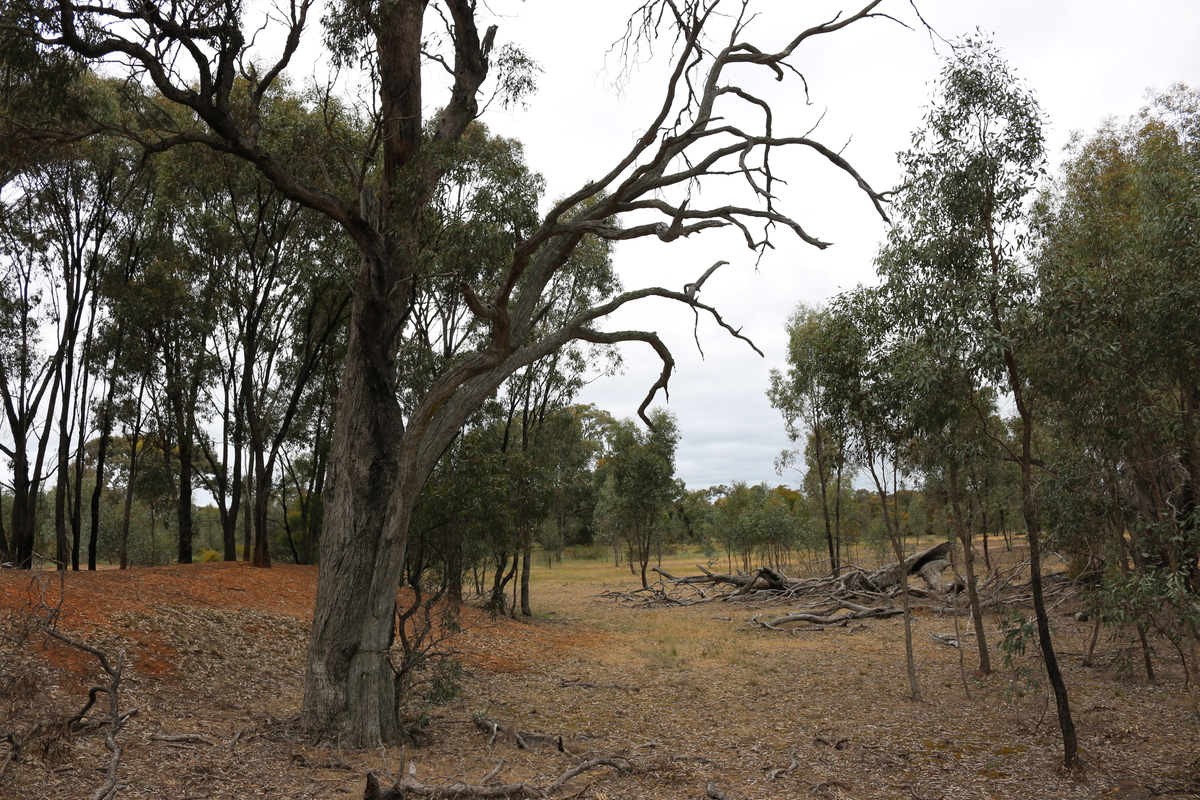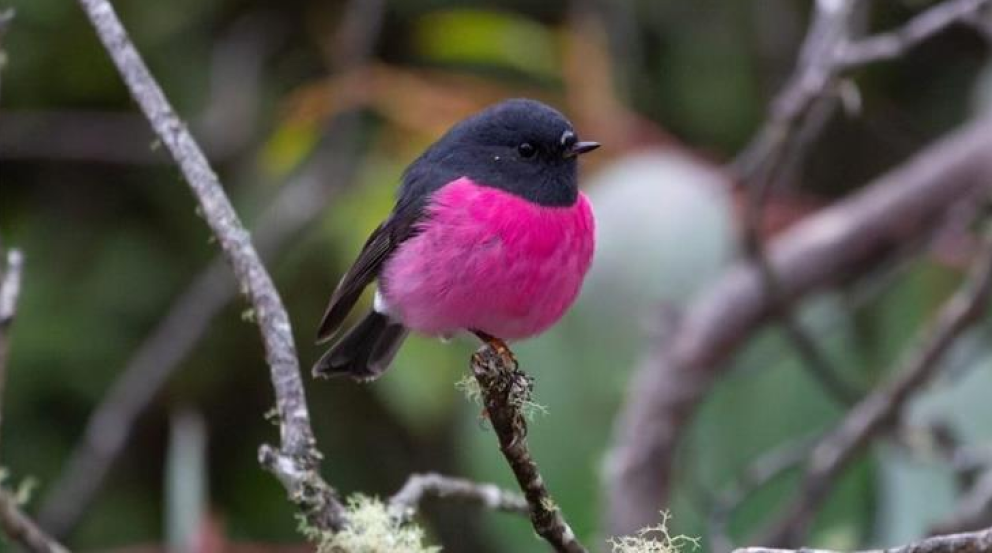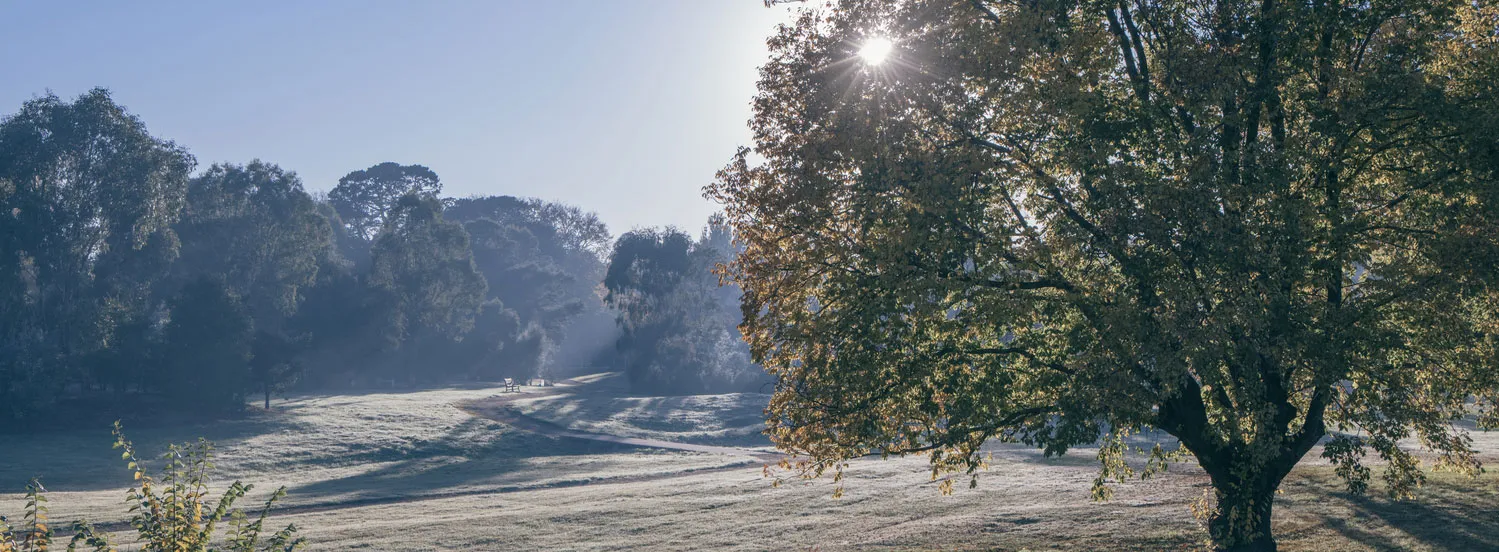Name: Judith Downes
Position: Chair of Bank Australia Board
Years on the Board: 8 years
What city do you live in? Melbourne
Why did you join Bank Australia?
I was attracted to the ethos of the organisation. Bank Australia states in the opening page of its constitution that it operates for the benefit of its members, who of course are its customers. This is a very strong statement. It makes the purpose of the Bank clear. In addition, I felt my prior experience working as a senior finance executive in a large bank would enable me to make a significant contribution to the work of Bank Australia.
What does responsible banking mean to you?
It means working always for all our customers. We must balance the needs of our depositors and our borrowers. We should not lend to a customer if we don’t think a customer has the capacity to repay – it’s our depositors’ money that we are lending and that imposes a significant responsibility on us.
Responsible banking also means we must make sure that the way we conduct our banking business lives up to our promise to have a positive impact on communities and the environment.
What other directorships do you hold right now?
ImpediMed Ltd (IPD), Clean TeQ Holdings Limited (CLQ) and the Spinal Research Institute (SRI). For each of these boards, I am a non-executive director and chair of the Audit Committee. IPD is a medical software technology company that measures and monitors fluid status and body tissue composition using bio-impedance technology. CLQ provides technology to industry and municipalities for water treatment, and also has a project in New South Wales to become a leading supplier of nickel and cobalt sulphate to the lithium-ion battery industry. SRI is a not-for-profit that is building global collaboration in spinal cord research and clinical trials.
What do you feel are the most essential qualities for being Bank Australia director?
Directors must appreciate the principles that govern mutual organisations, and they must be aligned to the values of Bank Australia. Directors must also understand how boards work, and have the skills and knowledge to add value to discussions around the board table. It’s important to have directors with a range of experiences, so that we hear diverse views on the projects, issues and proposals that come to the board for discussion and decision.
What’s one thing you expect to see change in banking over the next 5 years?
I expect more people to ask how their bank does business. For example, does their bank invest in fossil fuels?
What impact does their bank have on the communities in which it operates? I believe customers will increasingly want banks to consider the long-term sustainability of their operations, and to take a stand on social and environmental issues.
What previous job really defined your career and why?
I worked for twelve years at ANZ. During that time the bank went through a significant cultural change program, encouraging its staff to become the bank with a human face. ANZ wanted to be recognised for its values, and its focus on people and on community issues. I was the inaugural chair of ANZ’s Corporate Responsibility Council. This experience showed me how much impact you can have when you think deeply about how and where your money is put to work.
What’s something you do in your life to support the community?
I am a supporter and a director for the Spinal Research Institute (SRI). There are a range of health conditions associated with spinal cord injury, which can impact bladder, bowel, pain, sleep, skin and mental health. Global collaboration on research increases the number of people who can be involved in trials, and hence the speed of improvements in treatments. I’m also a mentor for Kilfinan Australia, which further develops leadership skills of not-for-profit organisations through mentoring.
What’s one way you believe the COVID-19 pandemic will change the way people will live in future?
I believe we will be much more aware of potential risk from events we cannot control and I hope we will give more consideration and respect to our natural environment. I also expect we’ll make significantly greater use of the internet to conduct our business, both by working from home more and from using virtual meeting technology rather than travelling to meetings.
What’s a book from the last 12 months you loved, and why?
The Body: A Guide for Occupants by Bill Bryson. A most entertaining and informative discussion of our bodies. I learnt how much we know about our bodies and yet how much we have yet to understand, it is an ongoing process. And like all Bryson’s books, it held my interest.








LiamNeal-04638.webp)